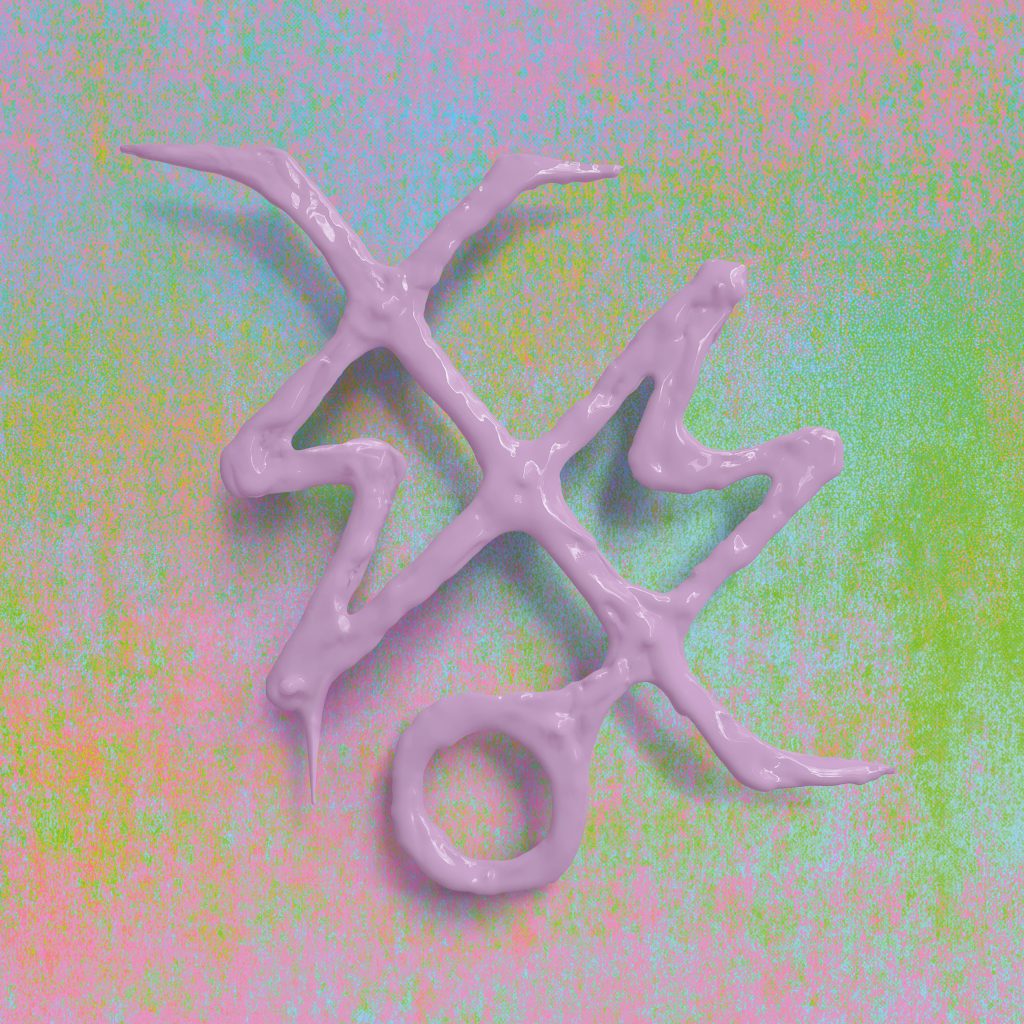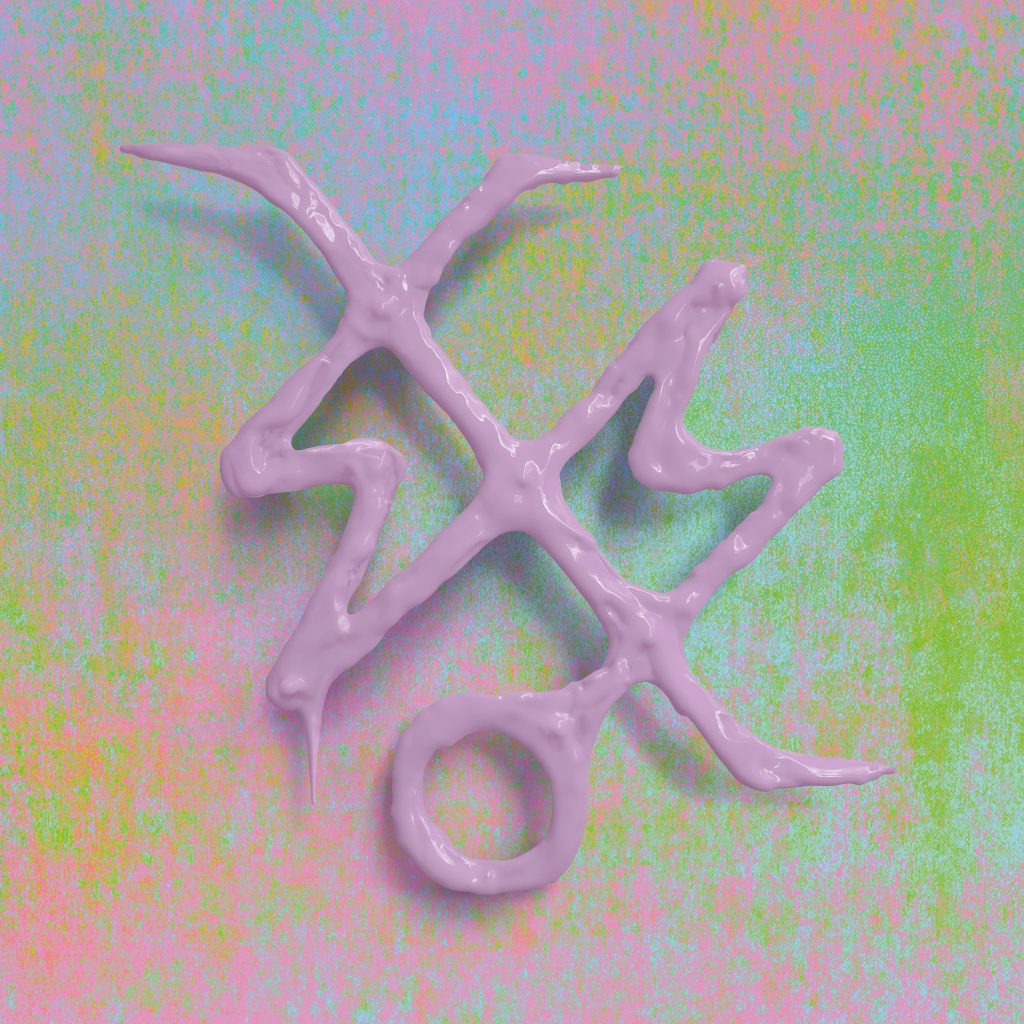Text by Daniel Mackenzie


Pleasure and pain. Beauty and ugliness. Bright sun and heavy rain. In so many cases of aesthetic appreciation, the extreme of contrast can be the most beguiling, the most impossible to ignore and the most complex, to a point where understanding is not only out of reach, it’s not even considered. Occupying swathes of our attentive and subconscious minds, music and sound have the ability to engage us, to overcome us fully.
The huge potential music has for the clash, and juxtaposition is explored by artists and producers working in genres of all stripes – galactic doom metal, hard ambient, the euphoric chaos of bubblegum-vocal breakcore – and what these examples have in common orbits the centre of more music than we may readily assume: noise.
It would now be customary to tread into the murky – noisy – discussion on what exactly constitutes noise in music, but as anyone who has read Paul Hegarty’s essential investigation Noise Music: A History knows, this takes time and space not offered here. Nevertheless, let’s consider a few broad points in relation to Ziúr and James Ginzburg’s collaborative project Myxomy – also their first album title- and its depiction of noise. Noise is emotional. Noise is melodic. Noise is textural not for the sake of texture but for the sake of power.
Take the penultimate track Tar, an instrumental dirge darkening the often cheerful effect of a dub delay, layering repeating fragments of sound over a spacious, patient beat, whilst an organ-like pad delivers tension and a moribund atmosphere. These elements would make a decent track, loosely placed in that sort of stripped-back electronica vicinity. Its character becomes enhanced and complexified along a backbone of musical noise.
You could flip its identity and call it a distorted melody, but in this case, it feels like that would be the wrong way around. The role of noise is to add propulsion, aggression and grit, advancing the airy electronica framework towards something more singularly abstract and more unique.
These elements feel drawn more from the experimental and avant-garde than anything else. Given James Ginzburg’s background as half of Emptyset, this makes plenty of sense. The duo explores extremes of sound in relation to space, resulting in confrontational sonic work that holds noise as a key element. In collaborating with Ziúr, this is recontextualised away from the repurposed industrial spaces that Emptyset usually find themselves in and into the studio.
In this space, the conversation drifts towards alternative pop music if we consider such a thing relevant here. Given such daring hit anomalies as Björk’s ‘Homogenic’, James Blake’s ‘Overgrown’, and more recent crossover material from the likes of Sophie and Arca, we can, and the comparisons to Myxomy’s work are plain to see.
On the roots of the collaboration, in part initiated by some beats James had made whilst in Bristol, we get some insight into how the two view their collaboration’s early development: This happened, but it’s only one example of how we worked on the record. The truth is, we sent ideas back and forth and each showed up to the party with a bag full of sparks. It’s not a James Ginzburg remixed by Ziúr album, and there’s definitely no nostalgia.


With a shared background in experimental club music, albeit coming at the broad concept from different angles, the wild contrasts between the artists are to an extent mitigated. Ziúr’s previous material is perhaps more closely related to modern pop, with a somewhat more accessible sense of clarity and narrative, and contemporary tropes like futuristic R&B rhythms, precision vocal processing and that general feeling of the music existing in an abstract, cavernous space.
Implicating modern electronic music and pop in some audio affairs, Ziúr’s releases have appeared on Mike Paradinas’ iconic Planet Mu imprint. Considering the heavy use of Myxomy’s drum modifications, beautifully awkward arpeggios and obtuse melodic shifts, a connection to the firmly established old guard of electronica makes sense. It’s clearly a very carefully produced piece of work, but it feels unhinged – a possible side effect of the creative ruminations that have helped fuel its development:
The best moments were when our chats got more and more surreal and morphed into rhyme schemes. At one point we made a pun on ‘Gott ist tot’ that evolved until it connected with capitalism and the ‘Bigger than Jesus’ spiral. Pretty Nietzschean, and as close as it gets to textbook philosophy.
Elsewhere the pair explore a range of more noticeably international sound sources, bringing in hand percussion, metallic hits and what could easily be a tambura. Its flagship points of contrast are scattered throughout the album like a network of veins and arteries: the slinky, delicate interwoven vocal harmonies, the electric washes of sculpted noise.
Tim Hecker-esque sonic acrobatics, zinging delay trails, ethereal cloud pads sit as buffers and connect tendrils between these elements. It’s a record that sounds particularly alive, never quite resting into predictability, affirming their general attitude to creativity as a wild and humble gift that we took advantage of as it happened, without questioning its motives or origins.
Extending beyond the album format, the pair are busy developing a live version that will debut this year at Rewire Festival. The performance will feature custom lighting design from their close friend Theresa Baumgartner, but further details are so far obscured – the rest will fall into place closer to the show.
Contrasts. The experience of one thing as it can be changed in relation to another. The real magic of this kind of collaboration is about the third thing, that which is exclusive of neither.
We can only grow when we explore different perspectives from our own. Me telling myself what I already know is just boring, and even when I manage to affirm that my contribution carries a sense of quality, morphing dual brain waves into a single-cell organism gives the soup its depth of flavour. On a broader scale, the challenge lies in the fact that an ‘us vs them’ ideology doesn’t expose us to the wide variety of possibilities we gain from being together and embracing our differences.






